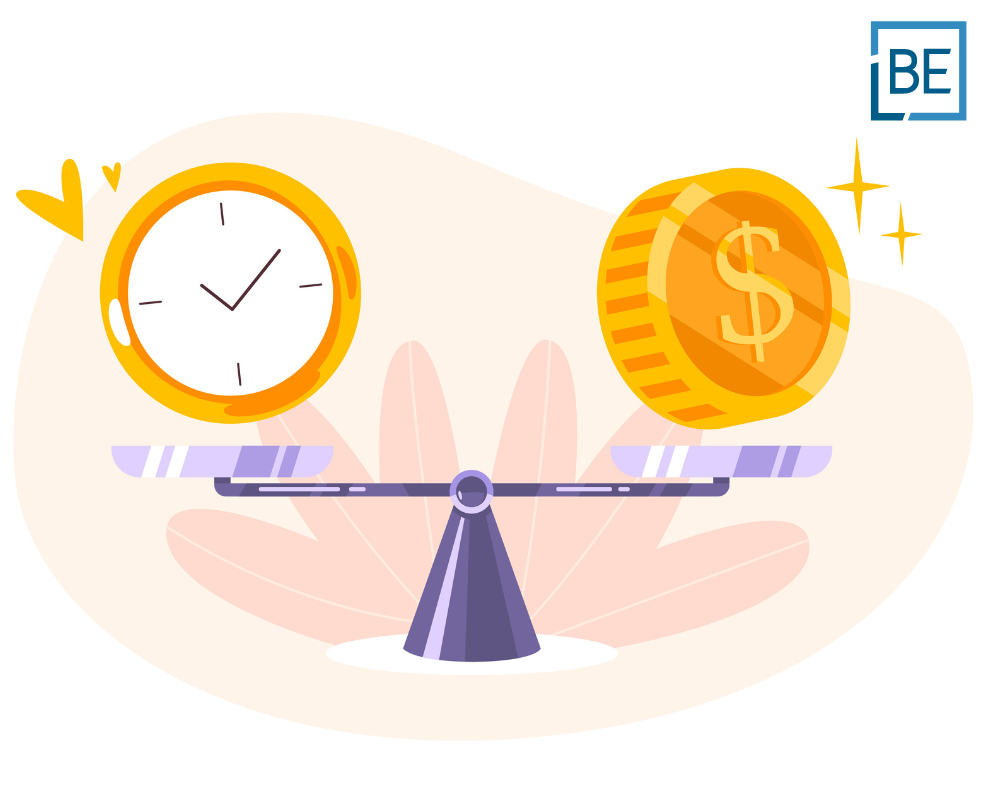Belaws Home ›› Thailand ›› Blog ›› Thailand Raises Minimum Wage Rates
News
Thailand Raises Minimum Wage Rates
Updated: 06/01/2025
Thailand’s National Wage Committee issued the Notification on Minimum Wage Rates (No.11), on the 26th of August 2022. This notification has now passed all the legislative processes and has become effective as of the 1st of October 2022.
This notification introduces new minimum wage rates for workers in Thailand. The Notification No. 11 repeals the previous Notice of Wage Committee Re Minimum Wage Rates (No. 10) dated 6th of December 2019.
Key points
- The daily minimum wage would be increased to between 328 baht and 354 baht ($9.19-$9.86)
- Each province in Thailand has their own minimum wage. The increase will apply to all provinces but the actual wage will differ across the country.
- The notification also amends working hours for workers in Thailand.
What are the new working hours for workers in Thailand?
The notice stipulates that the workday for workers in Thailand shall not exceed the following hours:
1. Seven hours, for work which may be hazardous to the health and safety of the employee (as established by the Ministerial Regulations No. 2 (B.E. 2541 (1998)); or
2. Eight hours, for other work which is not classified under the conditions mentioned in point 1.
What are the new minimum rates in Thailand?
The Notification raises the minimum wages in Thailand as of January 1st 2025 are as follows:
| Province | Daily minimum wage (THB) |
| Chachoengsao, Chonburi, Phuket, Rayong provinces and Koh Samui | 400 |
| Chiang Mai (Amphur Muang or downtown district) and Songkhla’s Hat Yai district | 380 |
| Bangkok, Nakhon Pathom, Nonthaburi, Pathum Thani, Samut Prakan and Samut Sakhon | 372 |
| Nakhon Ratchasima (Korat) | 359 |
| Samut Songkhram | 358 |
| Khon Kaen, Chiang Mai (except Muang district), Prachin Buri, Ayutthaya and Saraburi | 357 |
| Lopburi | 356 |
| Nakhon Nayok, Suphan Buri and Nong Khai | 355 |
| Krabi and Trat | 354 |
| Kanchanaburi, Chanthaburi, Chiang Rai, Tak, Nakhon Phanom, Buri Ram, Prachuap Khiri Khan, Phang Nga, Phitsanulok, Mukdahan, Sakon Nakhon, Songkhla (except Hat Yai district), Sa Kaeo, Surat Thani (except Koh Samui district) and Ubon Ratchathani | 352 |
| Chumphon, Phetchaburi and Surin | 351 |
| Nakhon Sawan, Yasothon and Lamphun | 350 |
| Kalasin, Nakhon Si Thammarat, Bueng Kan, Phetchabun, and Roi Et | 349 |
| Chai Nat, Chaiyaphum, Phatthalung, Sing Buri and Ang Thong | 348 |
| Kamphaeng Phet, Phichit, Maha Sarakham, Mae Hong Son, Ranong, Ratchaburi, Lampang, Loei, Sisaket, Satun, Sukhothai, Nong Bua Lamphu, Amnat Charoen, Udon Thani, Uttaradit and Uthai Thani | 347 |
| Trang, Nan, Phayao and Phrae | 345 |
| Narathiwat, Pattani and Yala | 337 |
How can Belaws help?
To see how these new changes to the minimum wage in Thailand may affect your business, why not talk to one of our experts now.
Please note that this article is for information purposes only and does not constitute legal advice.
Our consultations last for a period of up to 1 hour and are conducted by expert Lawyers who are fluent in English, French and Thai.
Consultations can be hosted via WhatsApp or Video Conferencing software for your convenience. A consultation with one of our legal experts is undoubtedly the best way to get all the information you need and answer any questions you may have about your new business or project.
USD 150
Up to 1 hour
Online payment (Paypal or Credit card)
Legal consultation can be conducted in English, French or Thai
Legal consultations are handled by experienced lawyers from the relevant fields of practice
Frequently asked questions
Is cannabis legal in Thailand?
The production of products containing cannabis is possible for foreign owned entities. However, this is subject to various different licence requirements and obligations depending on the type of product. For example, food products require a licence for food manufacturing from the Food and Drug Administration (FDA).
Cultivation cannabis in thailand
There are no restrictions for the mass cultivation of cannabis as a business operation for Thai entities. Business owners are required to register cannabis cultivation with the FDA through the application “Plook Gan”. However, a foreign entity may be restricted from agricultural activities under the Thai Foreign Business Act.
Can I buy/sell cannabis to smoke with a THC level above 0.2%?
The current laws state that cannabis extracts with a THC level of above 0.2% are illegal. However, the definition of extract is still very unclear.
Generally speaking, cannabis extracts tend to be products made by mechanically extracting and refining parts of the cannabis plant. These extracts are then used to create products such as hash, oils and tinctures. Such extracts tend to contain much higher levels of THC etc than those found naturally in the plant.
Since only extracts with a THC level of >0.2% are considered illegal in Thailand, it seems as though natural leaves and flowers with a higher level of THC are not illegal and can be bought and sold via shops and dispensaries in Thailand.
It is important to note that it is possible to smoke cannabis recreationally in Thailand but only on private property. Smoking publicly is considered a public nuisance. Furthermore, private property does include restaurants and cafes, but they must have a designated place for smoking.
Setting Up a Cannabis Business in Thailand
Both, foreign owned companies and majority foreign owned companies incorporated in Thailand are prohibited from producing, selling, importing, exporting and possessing cannabis.
Distribution of cannabis is only available to companies established under Thai law that have Thai nationals who:
- own at least two-thirds of the company capital and;
- hold at least two-thirds of the director positions.
However, if you satisfy the above criteria and have both ⅔ of the ownership and positions on the board held by Thai nationals, it is indeed possible for your company to produce and sell cannabis and associated products (such as tinctures with less than 0.2% THC).
How to obtain a Cannabis licence in Thailand?
Eligible applicants for a licences relating to cannabis in Thailand include Thai citizens, companies registered under Thai law (with at least two-thirds of directors, partners, or shareholders being Thai nationals), and community enterprises governed under the Community Enterprise Act B.E. 2548 (2005).
For a company, the representative whose name appears on the application (and license, if successful), must be a Thai national who is at least 20 years old, they must also have a domicile or office in Thailand, and must fulfil the basic requirements of legal capacity (i.e., competency) and financial solvency. The representative also cannot be the holder of a licence that is currently suspended or has been revoked under Thailand’s laws on narcotics or psychotropic substances. Finally, they cannot have received a criminal sentence for any violation of these laws.
Related articles
Subscribe today
Subscribe today
To our newsletter for all the latest legal news
in South East Asia, Belaws updates and
special promotions on our services.
To our newsletter today for all the latest legal news in South East Asia,
Belaws updates and special promotions on our services.







